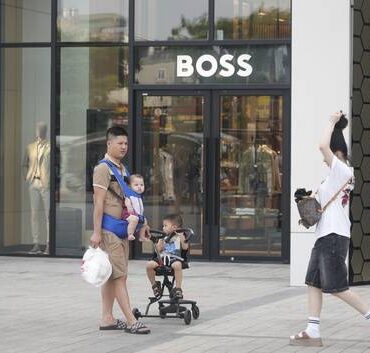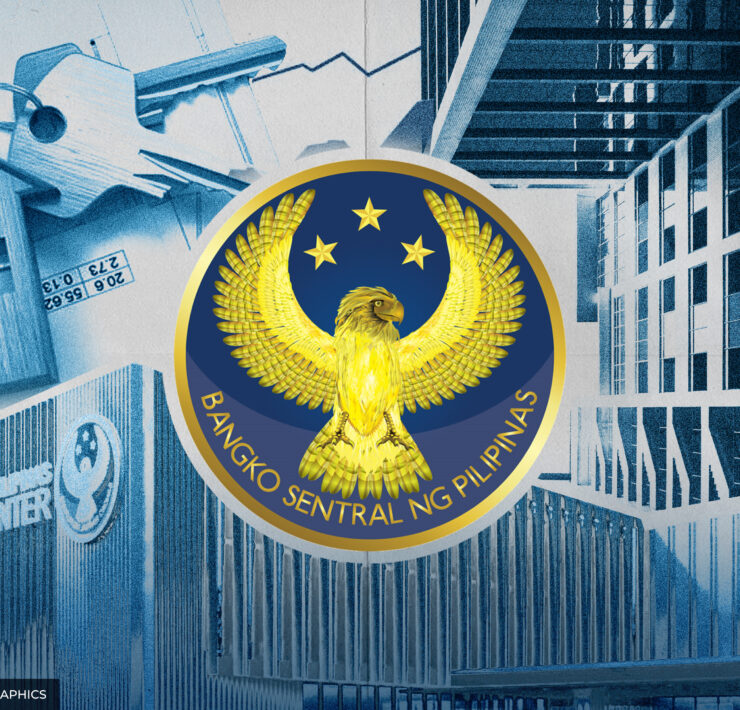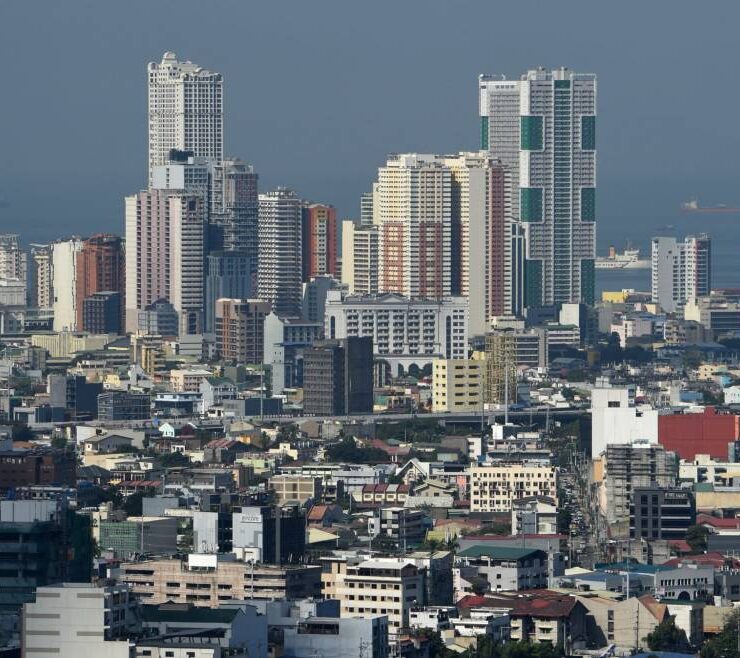Japan debt watcher keeps PH ‘A’ rating

The Japan Credit Rating Agency (JCR) kept the Philippines’ hard-won “A” rating on expectations that the economy would sustain its “high” growth while staying resilient against external shocks.
In a statement on Thursday, the debt watcher, whose credit opinion matters to Japanese investors, affirmed the country’s badge of creditworthiness while keeping its “stable” outlook.
A stable outlook means it is unlikely that the country’s pristine credit rating would be adjusted in the next one or two years. But the current score is enough to boost investor perception of the Philippines’ ability to pay its obligations.
This would result in lower interest rates for issuers like the government, which can channel the interest savings to more productive spending like social programs and infrastructure buildup.
“JCR’s affirmation will support and strengthen investment from Japan, one of the Philippines’ most important partners,” Bangko Sentral ng Pilipinas (BSP) Governor Eli Remolona Jr. said in a statement.
Financial stability
“The BSP will continue to safeguard price and financial stability to boost the country’s resilience amid global headwinds,” Remolona added.
For Finance Secretary Ralph Recto, JCR’s latest affirmation keeps the Philippines “well-positioned” to maintain high investment-grade ratings from all major global and regional credit agencies.
Explaining its decision, JCR said it expects economic growth this year to remain above the 5-percent range, supported by “robust domestic demand despite uncertainties in the external environment.”
This, in turn, should help the economy outgrow the increase in debts, which are needed to plug a projected budget deficit of P1.54 trillion, or 5.3 percent of gross domestic product, for this year.
Forex reserves
What’s keeping the country relatively safe from external headwind—like the ongoing US trade war—was its healthy level of foreign exchange reserves, JCR said. Latest data from the BSP showed the Philippines’ gross international reserves had amounted to $104.6 billion as of April, just enough to cover 7.2 months’ worth of imports of goods and payments of services and primary income.
But the Japanese credit rating agency stressed that reducing income disparity through rural development and infrastructure development “remain important tasks to be addressed.”
“The Marcos Jr. administration, which took office in June 2022, is implementing various policies aimed at achieving fiscal consolidation, infrastructure development, and poverty alleviation and has been making steady progress to date,” JCR said.
“JCR expects that economic growth and fiscal improvement through the government’s efforts will enhance the country’s creditworthiness. It will continue to monitor developments closely,” it added.





















